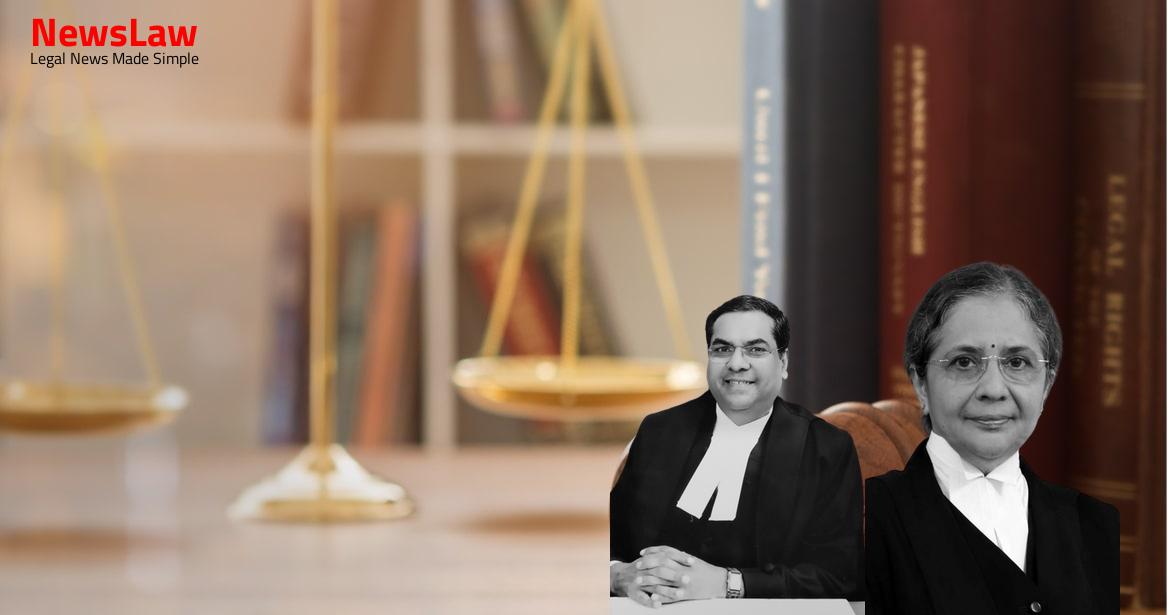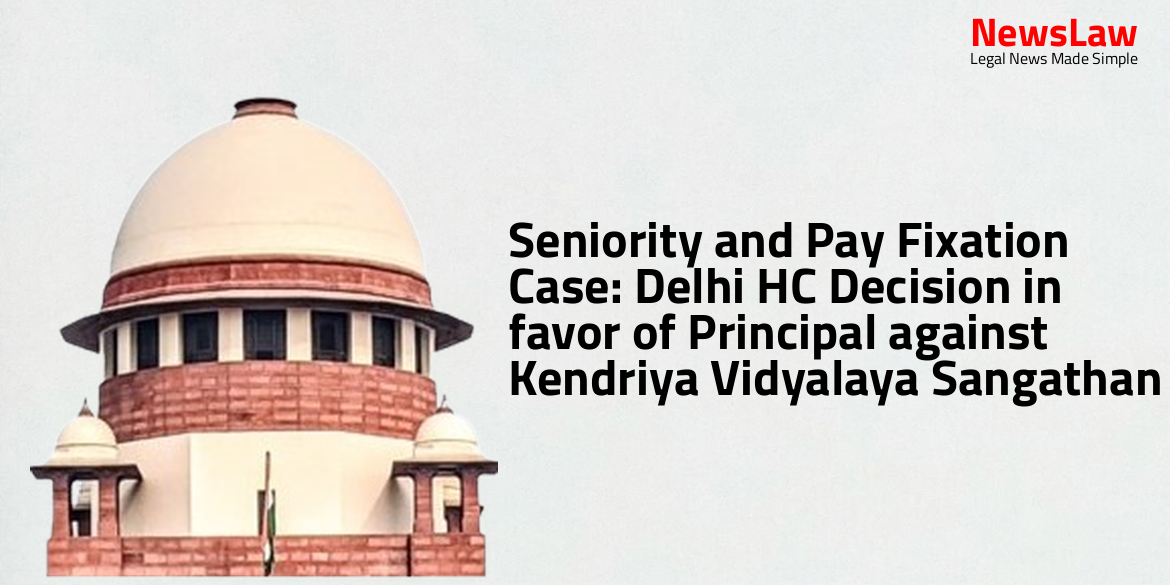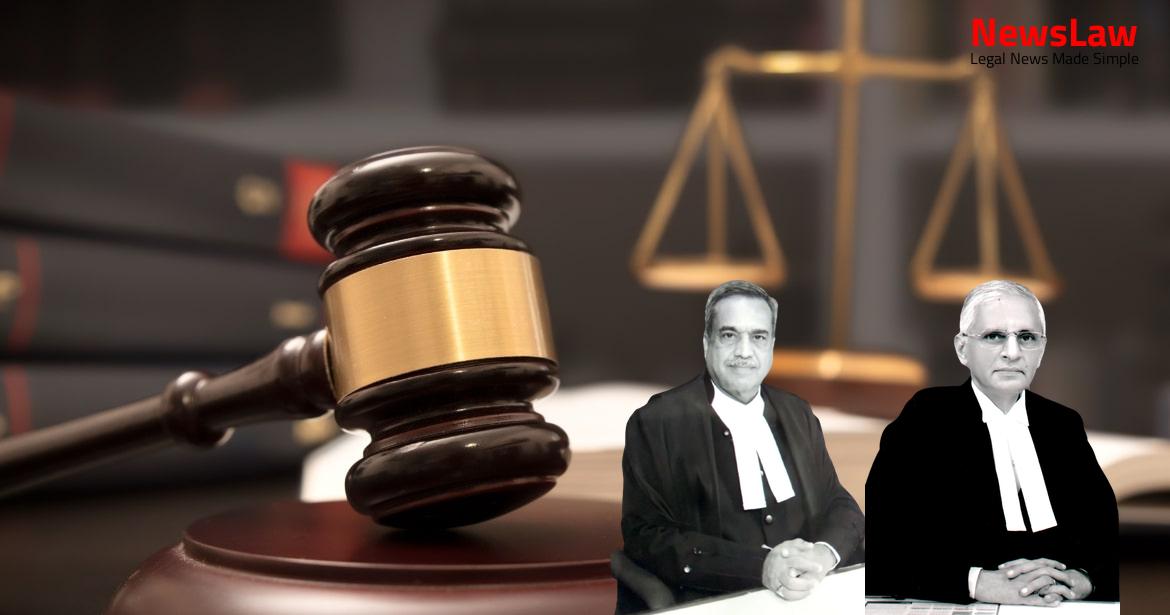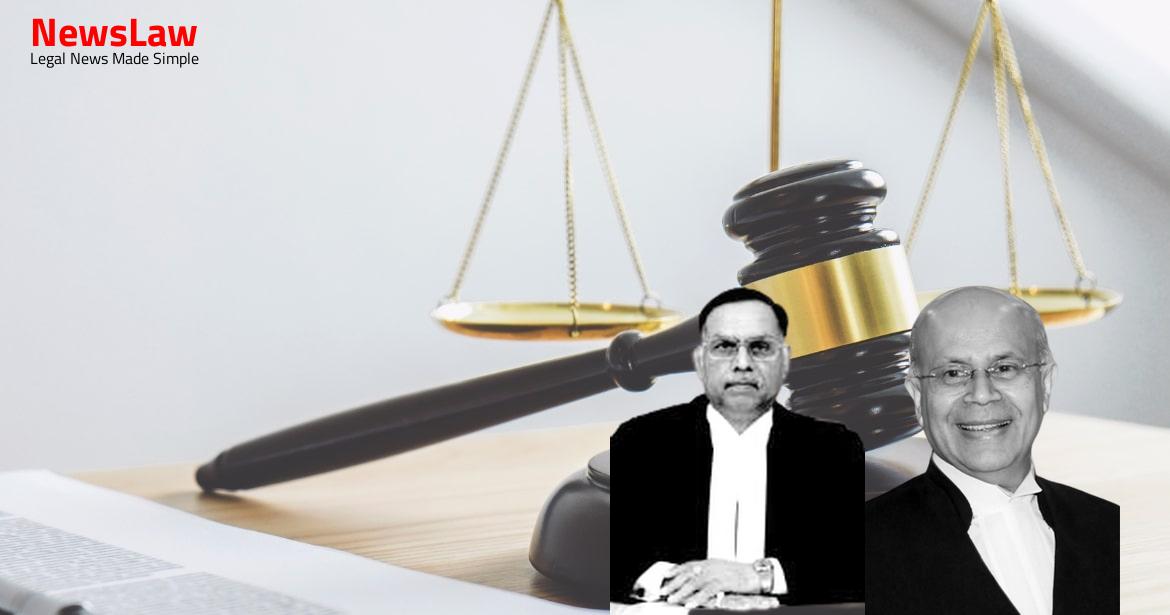The High Court’s legal analysis on the jurisdictional seat of arbitration and party autonomy is significant in ensuring clarity and consistency in dispute resolution processes. Determining the ‘seat of arbitration’ is essential for defining the forum for judicial remedies and supervision of arbitral proceedings. This case delves into the complexities of jurisdiction and party autonomy, shedding light on the legal principles governing arbitration agreements and the courts’ supervisory control over the process.
Facts
- The High Court of Punjab and Haryana set aside the order dated 14 October 2019, stating that the courts of Delhi do not have jurisdiction to entertain objections under Section 34 of the Act.
- Referring to the case of State of West Bengal and Others v. Associated Contractors, the High Court determined that the courts in Panchkula had the jurisdiction to handle the case.
- The arbitral tribunal decided that the venue of the proceedings would be at H.No. 292, Sector-6, Panchkula, Haryana during the first sitting on 5 August 2014.
- The High Court noted that the agreement between the parties did not specify the ‘seat’ of the arbitration proceedings, and the second arbitrator, Mr. Justice (Retd.) T.S. Doabia, in his order dated 30 June 2015, did not determine Delhi to be the ‘seat of arbitration.’
- Mr. Justice (Retd.) N.C. Jain recused from being the arbitrator on 29 May 2015 due to personal reasons.
- The respondent’s petition under Section 9 of the Act was dismissed on 14 December 2016 by the Additional District Judge in Panchkula citing lack of territorial jurisdiction.
- Mr. Justice (Retd.) T.S. Doabia took over as the sole arbitrator on 30 June 2015 after N.C. Jain recusal.
- The appellant filed a petition under Section 34 of the Act before the Delhi High Court on 28 April 2016.
- The award was signed and pronounced in Delhi on 29 January 2016, with the respondent being awarded a sum of Rs. 3,35,86,577/- with interest at 15% per annum.
- Arbitration proceedings were held at H.No. 52, Sector-8A, Chandigarh, on 16 December 2014, where the parties were directed to complete pleadings.
Also Read: Analysis of Bail Conditions in Criminal Appeal No. INSC 48/2024
Issue
- The issue in the present appeals is whether conducting arbitration proceedings at Delhi would shift the ‘jurisdictional seat of arbitration’ from Panchkula in Haryana.
- This arises due to the appointment of a new arbitrator.
- The place fixed by the first arbitrator for the arbitration proceedings was Panchkula.
Also Read: Conviction Upheld for Murder and Concealment of Body
Analysis
- The principle of party autonomy is crucial in arbitration, allowing parties to designate the seat of arbitration as an exclusive jurisdiction clause.
- The jurisdictional seat must be certain and static to avoid confusion and ensure clarity for judicial remedies.
- When the seat is designated in the agreement, courts at that seat alone have jurisdiction over the arbitral proceedings.
- Any subsequent hearings or proceedings at a different location do not change the jurisdictional seat of arbitration.
- The supervisory court should be the one where the arbitration proceedings are primarily held, not where subsequent hearings take place.
- The seat of arbitration, once fixed, cannot be changed without mutual consent of the parties.
- Section 42 of the Arbitration Act aims to prevent conflicts of jurisdiction by giving exclusive supervisory control to one court over all arbitral proceedings related to the arbitration.
- The venue of arbitration may differ from the seat, but the court of the seat retains exclusive jurisdiction over the proceedings.
- Section 2 (1) (e) of the Act defines the term ‘court’
- It includes the principal Civil Court of original jurisdiction in a district
- It also includes the High Court exercising its ordinary original civil jurisdiction
- Section 20 allows parties to agree on the place of arbitration
- The arbitral tribunal can determine the place of arbitration if there is no agreement
- The tribunal can meet at any place it considers appropriate for consultations or hearings
- The legislative history of Section 2(1)(e) and Section 20 of the Act was examined in the Indus Mobile case.
- The recommendations of the 246th Law Commission Report, 2014 were not implemented in accordance with the BALCO decision.
- The expression ‘subject to arbitration’ in Section 2(1)(e) must be distinguished from the ‘subject matter of the suit’.
- The choice of the ‘seat of arbitration’ is crucial in determining the forum for remedies in attacking the award.
- When parties have not fixed the ‘seat of arbitration’, courts at the designated location alone will have exclusive jurisdiction over the arbitration.
- Section 42 and sub-section (3) of Section 20 of the Act were examined in the BGS SGS Soma case.
- The BGS SGS Soma case harmoniously construed Section 20 with Section 2(1)(e) to define ‘court’ and broaden the definition of ‘court’.
- The BGS SGS Soma case discussed the concurrent jurisdiction of courts where the cause of action arises and where arbitration takes place.
- The example in the BGS SGS Soma case illustrated that the courts of the ‘seat of arbitration’ have supervisory control irrespective of where the cause of action arises.
- The judgment in BGS SGS Soma laid down a test to determine the ‘seat of arbitration’ in cases where parties have not fixed it.
- The appeals are dismissed without any order as to costs
- No merit found in the present appeals
Also Read: 1991 Decree Invalid: No Determination of Rights in Property Dispute
Decision
- The contract between the appellant and respondent was for the supply, installation, and stressing of cable strays for a bridge project.
- The letter of intent included an arbitration clause for dispute resolution, but did not specify the seat or venue of arbitration.
- Disputes were to be resolved by a sole arbitrator appointed by the managing director of the respondent company.
- The arbitration clause covered all disputes and differences between the contractor and subcontractor.
Case Title: BBR (INDIA) PVT. LTD. Vs. S.P. SINGHLA CONSTRUCTIONS PRIVATE LTD. (2022 INSC 591)
Case Number: C.A. No.-004130-004131 / 2022



